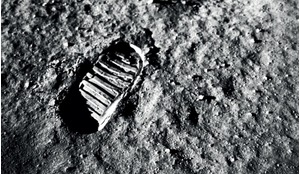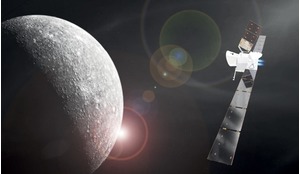Space technologies are emerging that are likely to dramatically alter the relationship that humankind has with our Moon and other outer space bodies. Angela Dennis considers the interplay between developments such as space mining and the existing body of space law in an attempt to answer the question of who owns the potential wealth of resources.
Plans to mine the Moon and asteroids are in place, confronting scholars, politicians and space professionals with challenging legal, economic, scientific and ethical questions. Some of these questions are deceptively simple to express, yet their answers may have far-reaching consequences: for example, who (if anyone) owns the Moon and outer space? Who has the right to make economic use and derive economic benefit from them? And who gets to decide?
To the private companies pursuing outer space mining, the Moon and other bodies promise untold fortunes. The Moon, for example, contains metals such as iron, titanium and aluminium. Its surface seemingly has an abundance of water-ice that can be broken down into hydrogen and oxygen and subsequently used for rocket propulsion and life support. It also contains helium-3, an isotope that might be used in future nuclear fusion reactors.
Asteroids can likewise host an array of valuable materials. Some contain water, organic carbon and phosphorous; some carry valuable metals such as platinum and gold, or rare-earth metals of the type used in electronics manufacturing. The asteroid currently ranked most valuable - 511 Davida - has a diameter close to 200 miles and an estimated value of more than USD$100 trillion. With such eye-watering sums apparently up for grabs, it is no wonder that several US companies are promoting plans to establish outer space mining operations.














